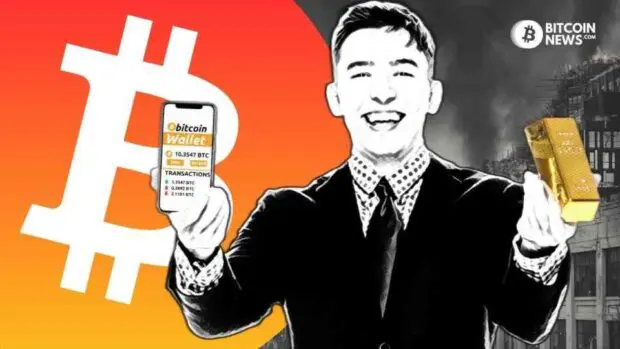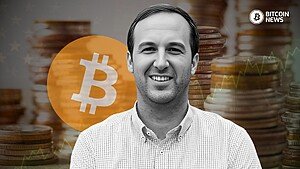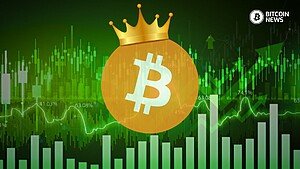I was lucky enough to find myself on GB News at the weekend, standing in for the veteran broadcaster Alastair Stewart, who was taking some no doubt well-deserved time off.
No prizes for guessing what subject was the main focus of the two two-hour programmes.
The world has changed, and investors need to take that into account
There were all sorts of guests – Russian, Ukrainian, Polish – who all knew their onions, and added so many profound insights into the conflict.
I sat there trying to ask sensible questions while absorbing as much information as I possibly could. I can’t pretend to be informed on this subject, despite being a lot more so now than I was a week ago – like most of us, I guess.
We covered so many subjects. The incredible bravery of the Ukrainian people and the resilience they have shown in the face of much better-armed opponents; the apparent strategic mistakes made by Russian forces so far, and the poor communication; the ruthlessness of Putin, the need to win and the risk that he doubles down.
We also covered sanctions, Swift and the weaponisation of money; the war on the oligarchs and the kleptocrats; the imminent refugee crisis; propaganda; the tacit alliance between Russia and China – and that China will be watching all of this and learning; the ramifications for Taiwan; the dependency of so many nations on Ukraine and Russia for food supplies. And much more besides.
I watched, listened and tried to learn.
I left the studio with a distinct feeling of dread that this invasion may prove to be the beginning of something much bigger. Russian commentator Konstantin Kisin, who hosts the popular podcast Triggerpod, kept repeating the point that in terms of historic significance this invasion is “bigger than 9-11”. The geopolitical landscape has changed, he said, and the West is at war.
On both days, I left the studio feeling glad that I owned gold. It has been a source of immense disappointment and frustration to me, as regular readers will know, but there is a time to own gold and now would appear to be one of those times.
I have reported more times than I care to remember on the vast amounts both Russia and China have accumulated over the last 20 years.
Meanwhile, the way that the West has weaponised its money and banking against Russia is extraordinary – unprecedented even, and made possible by digital banking and modern technology.
China is surely looking at this weaponisation, looking at Taiwan, and thinking that to protect itself, it needs to de-dollarise as quickly and discreetly as possible. Indeed, we know China has already been doing that.
With so much money frozen abroad, one of the few ways in which Russia can actually fund itself is by selling its gold, probably via Dubai, so that may mean selling pressure. Even so, I think gold rises from here.
Bitcoin vs Gold: Hold gold, bitcoin and gold miners in the Americas
Inflation comes with war; money gets debased, no matter which side you are on. If there is some kind of China-Russia, anti-West alliance, then just as we have retaliated against Russia through Swift and the banking system, that alliance will do the same in reverse. Ergo, it will wage war on the dollar.
Western money is vulnerable. Fiat money has been printed into oblivion, while interest rates have been suppressed. Official inflation is already at 7%, while actual inflation is arguably much higher. Yet the system probably can’t take interest rates much above two or three percent. There is too much debt.
When the price of raw materials – commodities and natural resources – goes up even more because a key supplier, Russia, has been cut off, the pain of inflation is going to get worse.
Governments may well attempt to impose price controls, but history shows that any relief that comes from price controls is only temporary. For the most part they don’t work and often just lead to shortages.
I’ve said for many years all China has to do is declare what its gold holdings really are – and you can see last year’s estimates here (I will do an update on this soon) – and that will be tantamount to a declaration of war. My theory, remember, is that China’s gold holdings are as big, if not bigger than those of the US.
I know I have long moaned about gold. It’s the most analogue asset there is in a world where all the value is digital. But I have also said many times that I continue to own it. It may be analogue but it has also been money since forever. It’s the first metal we ever used.
We used it long before the Bronze Age, when we discovered smelting. Its purpose was the same as it is now – as reward, as display, as store of value, as tool of trade (in this case barter). In other words, as money.
But I have moaned about it because it has been such a perennial disappointment for so long.
The currency wars are hotting up. Attacks on national currencies are going to become the norm; the rouble has been bombed already. Don’t think that at some stage the dollar, euro and the pound are not going to come under attack, because they will. Other fiat currencies will get caught in the crossfire.
Gold and bitcoin are the places to hide.
On the subject of bitcoin, I see this conflict as an opportunity for it to decouple itself from the Nasdaq. If Swift is out of bounds, and governments in conflict have their tentacles running through the banking system, the use case for bitcoin suddenly got more compelling. What better way to transfer value across borders?
You want to own both. And all those gold miners located far away from all of this in the Americas. There’s going to be a lot more demand for their product.










